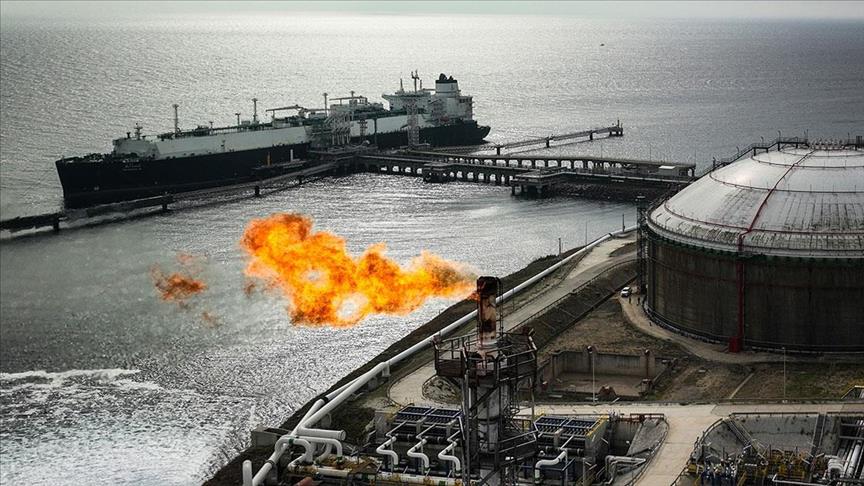Oil prices are set for a weekly increase on Friday, recovering from three consecutive weeks of decline, with US President Donald Trump’s reciprocal tariffs announcement, sanctions on Iranian oil exports, and a potential peace agreement between Russia and Ukraine, while an increase in Russia’s crude oil production curbed further price increase.
The International benchmark Brent crude traded at $75.48 per barrel at 3.37 p.m. local time (1237 GMT) on Friday, up by around 1.3% relative to the closing price of $74.53 a barrel last week.
West Texas Intermediate (WTI), the American benchmark, traded at $71.82 a barrel at the same time on Friday, a rise of about 1.3% from last Friday’s $70.86 per barrel close.
Oil prices rose this week following President Trump’s plans for ‘great’ reciprocal tariffs. On Thursday, Trump outlined his plan to impose duties and economic penalties on American imports, raising fears of escalating trade tensions.
While the plan is expected to be finalized by April 1, experts warn that such sweeping tariffs could lead to a trade war, potentially harming global economic growth and fueling inflation, which could drive oil prices higher in the long run.
Meanwhile, sanctions against Iran’s oil exports gave upward support to oil prices by fueling supply concerns in the market.
Last week, the US administration announced sanctions against an international network for facilitating the shipment of Iranian crude oil to China. Trump signed a presidential decree reinstating the ‘maximum pressure on Iran’ policy. The US Treasury Department imposed new sanctions targeting a number of individuals and tankers transporting millions of barrels of oil from Iran to China.
However, US Federal Reserve (Fed) policies and the broader economic outlook kept price increases in check. The bank said it would not cut interest rates until at least the next quarter, with market expectations pointing to a possible rate cut in June.
Trump said Wednesday that after separate phone calls with Russian President Vladimir Putin and Ukrainian President Volodymyr Zelenskyy, he instructed US officials to begin negotiations to end the war in Ukraine.
A potential peace agreement between Russia and Ukraine, along with data indicating an increase in Russia’s crude oil production, has prevented prices from rising further. Experts say a possible peace deal between Russia and Ukraine could lead to the lifting of sanctions against Moscow, which could increase global energy supplies and suppress oil prices.
The International Energy Agency noted that despite new US sanctions, Russian oil exports could resume if ways are found to circumvent these restrictions.

